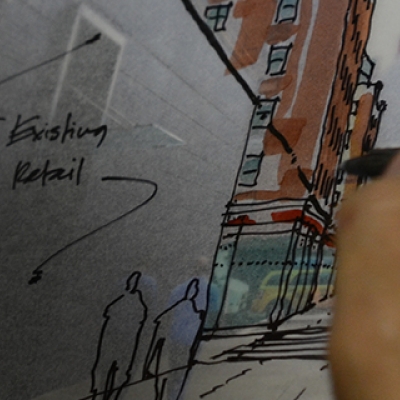In times of great trial, the best politicians strive for Churchillian rhetoric – or better yet, simply quote Churchill. And in tough times, no quote resounds more than Churchill’s memorable assessment, in late 1942, of the Battle of El Alamein, the first major British victory in WW II: “Now this is not the end. It is not even the beginning of the end. But it is, perhaps, the end of the beginning.”










